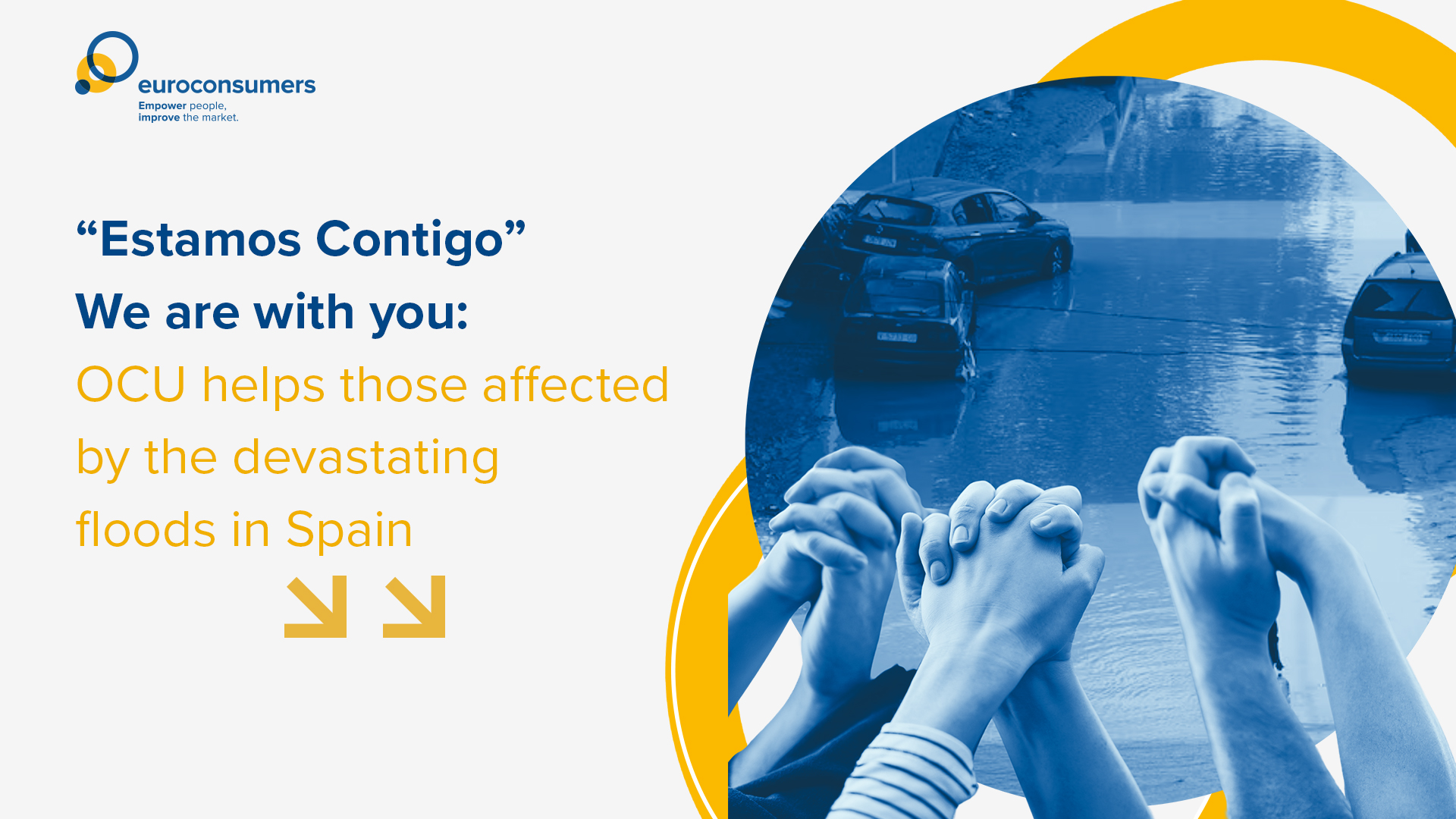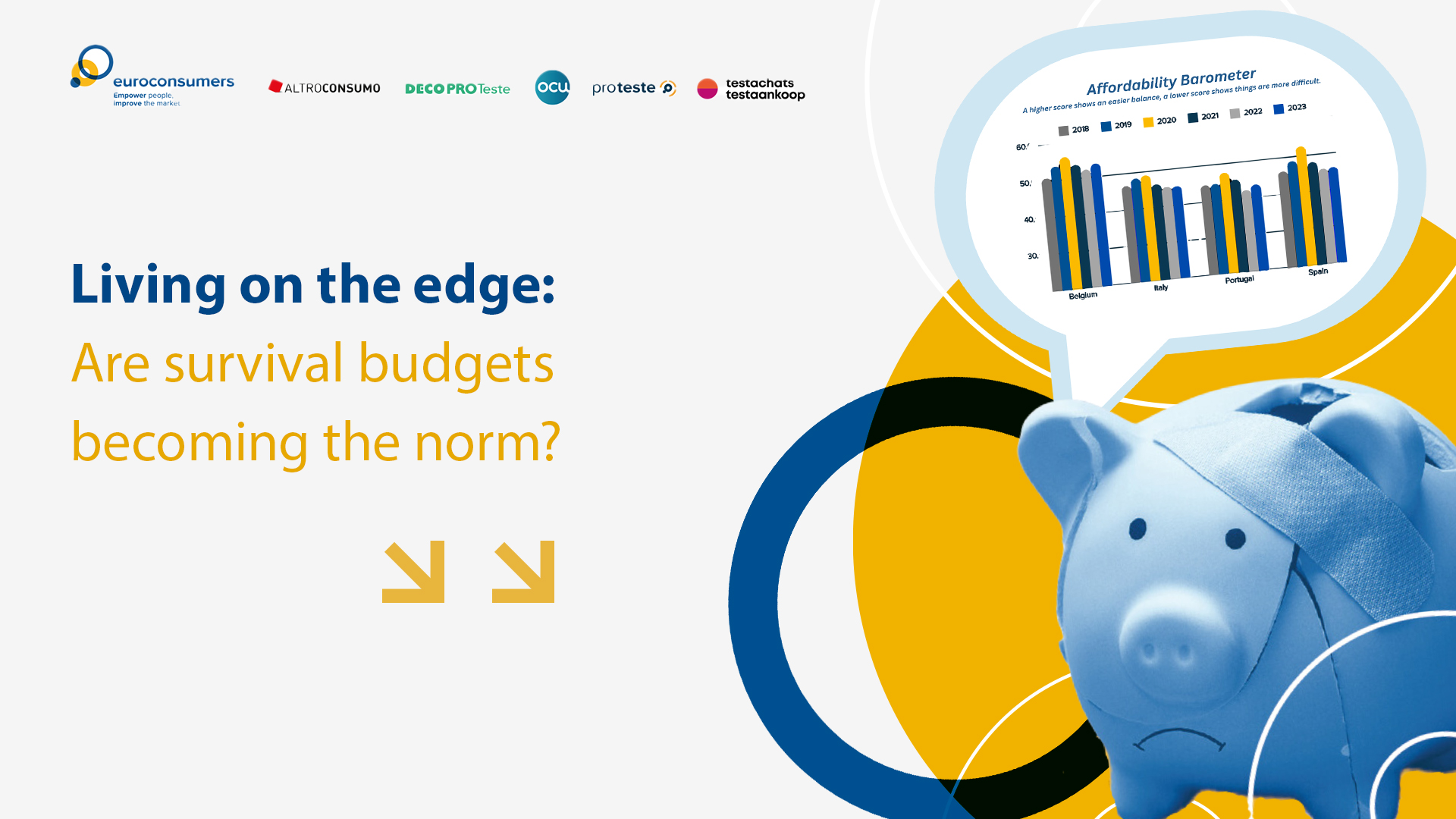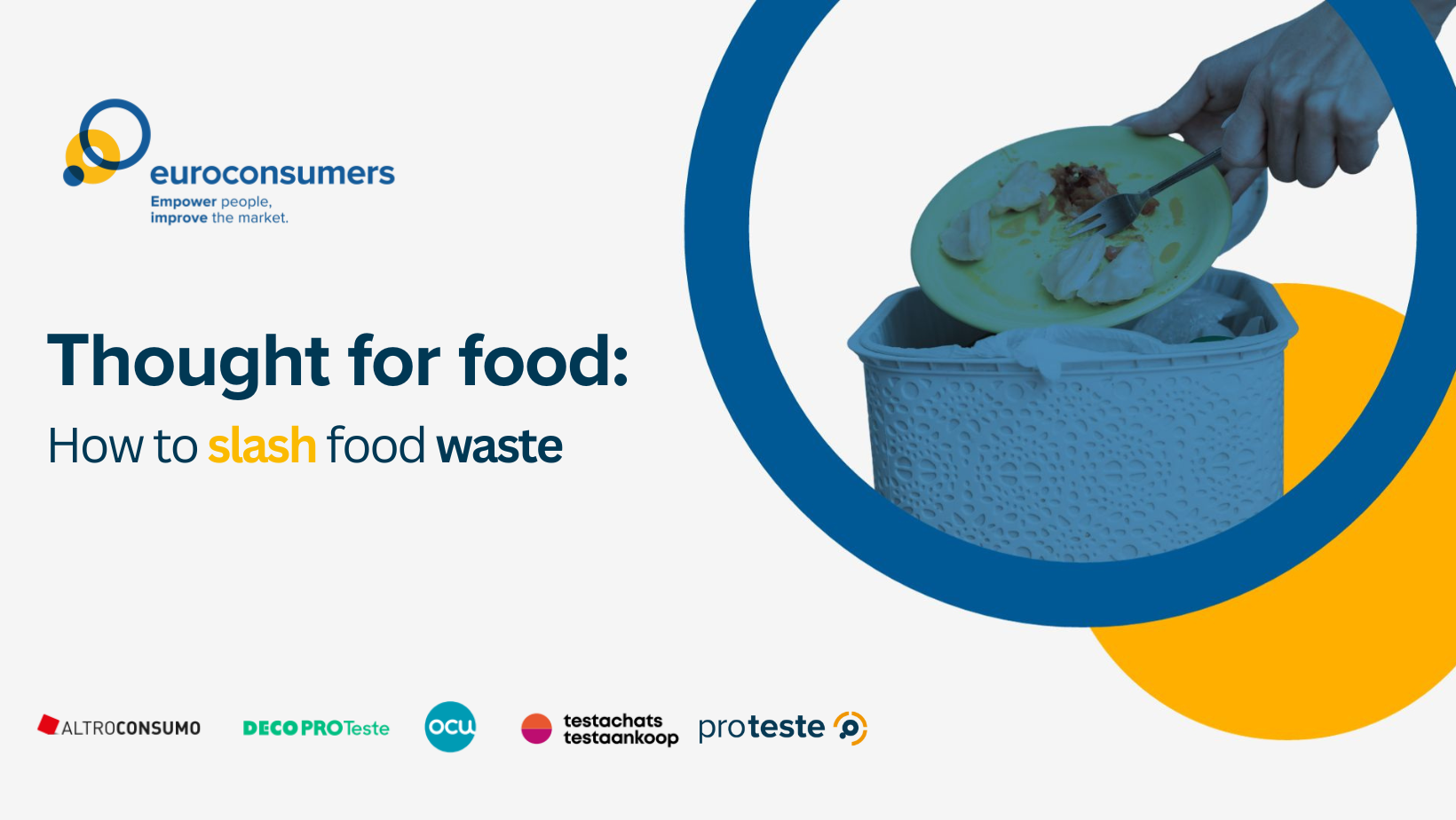The price of olive oil in Spain is finally dropping after a rise of 175% since 2020. After OCU’s success in getting VAT cut, it wants more action to bring down the cost of other basic foods.
Yesterday, the world’s largest olive oil producer predicted that prices could soon halve. This is welcome news for Mediterranean countries like Spain who have seen some of the highest rises for the kitchen staple year on year.
Prices across the EU as a whole doubled in at the end of 2023, but in Spain they rose by 63% and in Portugal by 69%.
Looking back to 2020, the accumulated price rise for Spanish consumers is a whopping 175%.
Why has olive oil become so expensive?
We know that food inflation has been around for a while, but why has olive oil been subject to such extreme rises? Investigations from Euroconsumers and price tracking from Spanish member OCU can tell us more:
1. Headline inflation numbers can hide sector differences
As of September 2024, the Euro area inflation rate is 1.7%, down significantly from its high of 11% in October 2022. But consumers don’t always notice a big difference to their bill when they get to the supermarket checkout.
This is because the fall in overall inflation hides higher rates for different product categories like food, where inflation has just risen to 2.4%.
2. Food inflation and high prices are sticky
Euroconsumers Affordability Barometer released in 2024 found challenges for consumers grocery budgets across all of our member countries.
In Spain, 18% of consumers found current food costs much harder to manage than compared to 2020.
Food inflation has hit hard and it’s often the high costs of basics like products like bread, vegetables and oils that really hurt.
3. Individual inflation rates for individual products
Olive oil is part of a long shopping list of food price rises that consumers have had to get used to over the last few years.
Separate products like olive oil have their own inflation rates, which help explain the huge increase in costs. Olive oil price increases were put down to two consecutive years of droughts, high interest rates, increased energy costs and inflation across the production chain.
OCU’s tracking of the price of this basic foodstuff identified month on month increases in the price of olive oil across six major supermarket chains in Spain.
They found that the price rise depended on the type of oil and brand, for example the average price of private label extra virgin olive oil increased by 7% between December 2023 and April 2024, and the same type of supermarket own brand oil had risen 23%.
Cut VAT to bring down price of olive oil
To help ease the cost of olive oil for consumers, OCU targeted the taxation of basic foodstuffs and called on their government to reduce VAT on oil from 5% to 0%.
After successfully getting this through, OCU price tracking first found no new increases, followed by a noticeable drop in the price of oil, making the price of a litre of oil about 50 cents cheaper than the previous month.
Extend VAT relief to all basic foods
OCU is calling on the government to extend the reduced VAT on olive oil to all basic food essentials like meat or fish.
At the moment in Spain these are subject to a temporary VAT reduction but OCU wants to make sure that food like this with important nutritional benefits is available and affordable for all.
Resilient and affordable food systems are critical
However, despite the positive result for Spanish consumers, and the other factors that are bringing down the price, the accumulated increase over the last four years means that overall consumers are still experiencing the impact of higher costs. Consumers are smart to ask what is keeping food prices stubbornly higher than a few years ago?
As supply chains stabilize, raw material costs decrease and inflation generally lowers, the reasons behind persistently high food prices remain elusive.
Euroconsumers Start Talking webinar ‘The hunger games: are food prices being played?’ participants discussed factors such as retailers choosing to retain profits instead of passing savings to consumers, fiscal factors, climate instability and new regulations on farmers as possible explanations.
Consumers need sustainable food systems and predictable prices
Looking forward, we know that our food systems need to be resilient and sustainable in order for our people and environment to thrive. Euroconsumers manifesto prioritizes a just and equitable food transition in its action agenda.
For essential goods like food, a strong, affordable and sustainable market must be a priority. This is about considering fiscal measures like VAT but also working with all the stakeholders in the food supply chain to make sure that consumers are not left to bear the cost burden alone.






